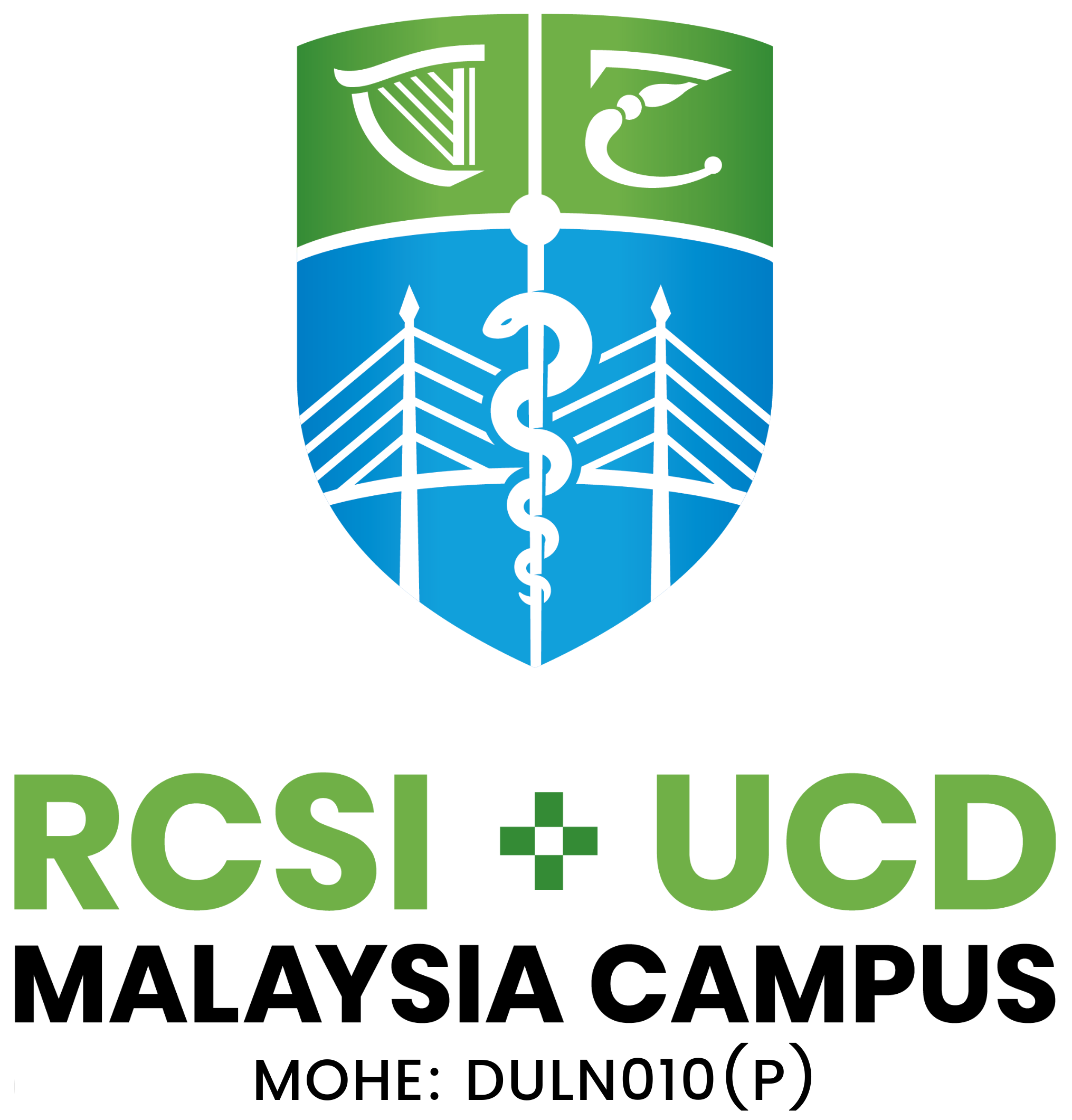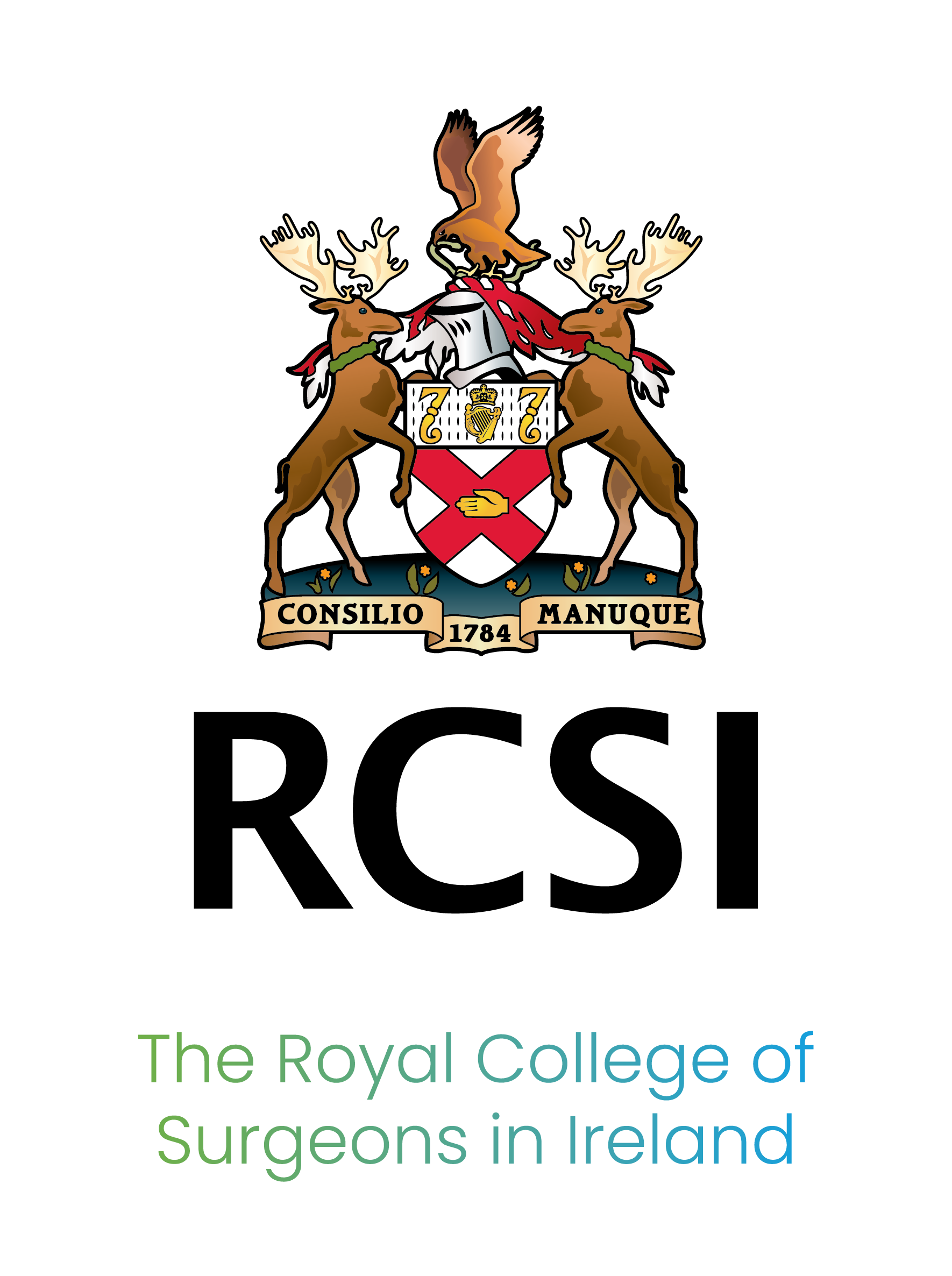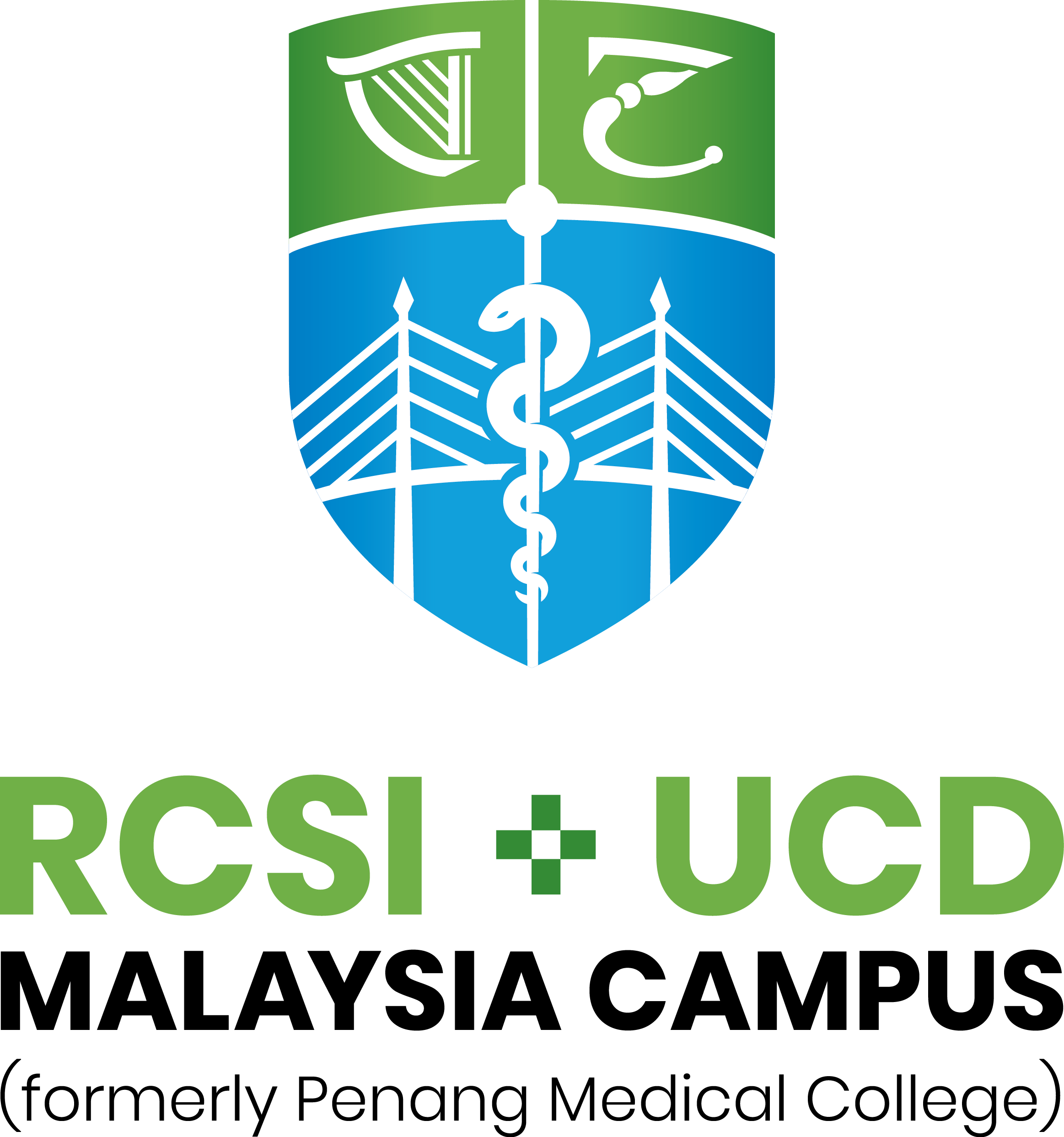The Importance of Continuous Learning in Medicine
Oct 12 2023

The field of medicine is a dynamic and ever-evolving discipline, where knowledge, techniques, and technologies are constantly advancing. In this fast-paced environment, the importance of continuous learning in medicine cannot be overstated. Healthcare professionals must embrace lifelong learning to stay current, provide the best possible care to their patients, and remain at the forefront of their specialties. This article explores why continuous learning is essential in the study of medicine and how it benefits both healthcare providers and the patients they serve.
1. Keeping Up with Medical Advancements
Medicine is a science that never stops progressing. New treatments, therapies, medications, and medical technologies emerge regularly. To provide the highest standard of care, healthcare professionals must stay updated with these advancements. Continuous studies in medicine ensure that doctors and nurses are aware of the latest evidence-based practices and can incorporate them into their patient care.
2. Adapting to Changing Guidelines
Medical guidelines and protocols are subject to revision based on ongoing research and clinical trials. For instance, treatment guidelines for diseases like diabetes or hypertension may change over time as new studies shed light on improved management strategies. Continuous medical study enables healthcare providers to adapt to these changing guidelines and offer the best care options to their patients.
3. Enhancing Diagnostic Skills
Continuous learning helps healthcare professionals refine their diagnostic skills. For example, advances in medical imaging, genomics, and diagnostic tests require practitioners to interpret complex data accurately. Staying updated on the latest diagnostic tools and techniques ensures accurate and timely diagnosis, which are critical for effective treatment.

4. Improving Patient Outcomes
The primary goal of healthcare is to improve patient outcomes. Continuous learning empowers healthcare providers to make more informed decisions, resulting in better treatment plans and ultimately, improved patient outcomes. Patients benefit from receiving care that aligns with the most current medical knowledge and practices.
5. Fostering Critical Thinking and Problem-Solving
Medicine often presents complex and challenging cases that require critical thinking and problem-solving skills. Continuous learning sharpens these cognitive abilities, enabling healthcare professionals to analyse situations, make informed decisions, and provide tailored care to individual patients.
6. Navigating Ethical and Legal Changes
The healthcare landscape is not only evolving in terms of medical knowledge but also in terms of ethics, laws, and regulations. Healthcare providers must navigate these changes, including issues related to patient privacy, consent, and medical ethics. Continuous learning equips professionals with the knowledge and skills needed to navigate these complexities while upholding the highest ethical standards.
7. Career Advancement and Specialisation
Continuous learning is a pathway to career advancement and specialisation. Healthcare professionals who pursue further medical education, such as postgraduate degrees or specialised training, can expand their career opportunities and contribute to their chosen field at a deeper level.
8. Patient Trust and Confidence
Patients place their trust and confidence in healthcare providers. Demonstrating a commitment to continuous learning not only instils confidence in patients but also reassures them that their healthcare team is dedicated to providing the best possible care.
Studying Medicine in Malaysia
Medical universities in Malaysia emphasise the significance of continuous learning from the very beginning. As students embark on their journey toward a medical degree, they are introduced to a culture of lifelong learning. This culture extends throughout their careers, encouraging them to stay informed about the latest developments in their respective fields. The medical field study in Malaysia is structured to instil this sense of curiosity and commitment to continuous improvement. Students pursuing a medical degree in Malaysia are exposed to this vibrant research ecosystem, which underscores the importance of staying up-to-date with the latest findings and innovations in the medical field.

Studying medicine in Malaysia provides students with a unique opportunity to gain global perspectives in their medical education. Many medical universities have international collaborations that expose students to diverse healthcare systems and practices. This exposure encourages a broader view of medicine and reinforces the idea that learning is not limited by borders.
In the pursuit of a medical degree, students experience a curriculum designed to bridge theory and practice. Practical, hands-on experiences are integrated into the education process, emphasising the real-world application of medical knowledge. This approach reinforces the idea that continuous learning extends beyond textbooks and lecture halls, finding its true value in the practical application of medical expertise.
In the ever-evolving field of medicine, continuous learning is not just a choice but a necessity. It is the key to staying current, delivering high-quality care, and making a positive impact on patient outcomes. Healthcare professionals who prioritise continuous learning are better equipped to adapt to changes, embrace innovation, and provide patient-centred care that meets the highest standards of the medical profession. In a field where knowledge is power, lifelong learning is the foundation of excellence in medicine.



